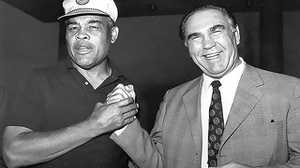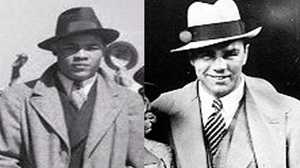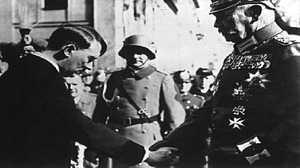Jack Johnson (1878-1946)
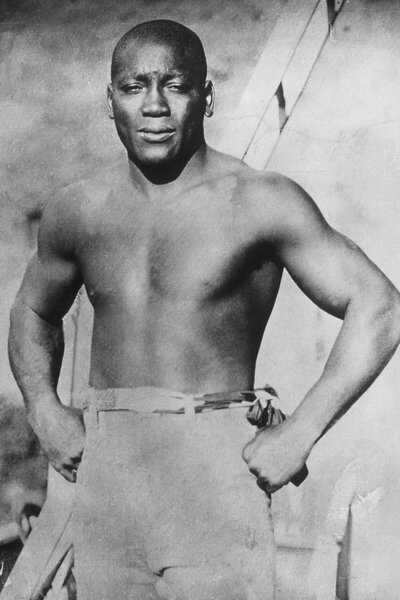
Jack Johnson was one of the toughest boxers who ever lived. In nearly a half century of boxing he was only knocked out three times.
Arthur John Johnson, the son of a former slave, was born in 1878 in Galveston, Texas. He got into boxing first as a sparring partner, and then to win cash prizes in "battle royal" fights in which a number of young black men fought for the entertainment of whites with the last one standing collecting the prize. In 1897 Jack Johnson knocked out Jim Rocks in his first professional fight. Boxing was illegal in Texas so he left the state in 1901.
A Black Heavyweight Champion
In 1906 after he knocked out Bob Fitzsimmons, a white former champion, he clearly became a contender for the world championship. But no one wanted to give him the shot at the title. Finally, heavyweight champion Tommy Burns, a lackluster Canadian boxer, agreed to a fight. On Christmas Day in 1908, Johnson, with a taunt behind every punch, gave him a thrashing that ended with a technical knockout in the 14th round.
Breaking the Rules
Johnson, the first black heavyweight champion, ostentatiously paraded his wealth and exploited his fame. He infuriated whites who felt Johnson acted above his station. Turn of the century American society presented numerous obstacles to African Americans. Historian Lawrence Levine says, "Johnson ruptured role after role set aside for Negroes in American society."
Great White Hope
Many would not acknowledge Johnson as the world champion and a movement began to recruit various "Great White Hopes" to take back the title. Stanley Ketchel, one contender, knocked Johnson down in the twelfth -- and then the powerful Johnson rose to his feet and knocked out Ketchel with one punch.
Race Riots
Boxing's race crisis brought former heavyweight champion Jim Jeffries out of retirement to try to recapture the crown from Johnson. Jeffries went down in the 15th round. Deadly riots followed the fight. To prevent more unrest, the film of the fight was banned. And to keep Johnson off the big screen all together, all fight films were banned. The search for the white man who could depose the black champion continued.
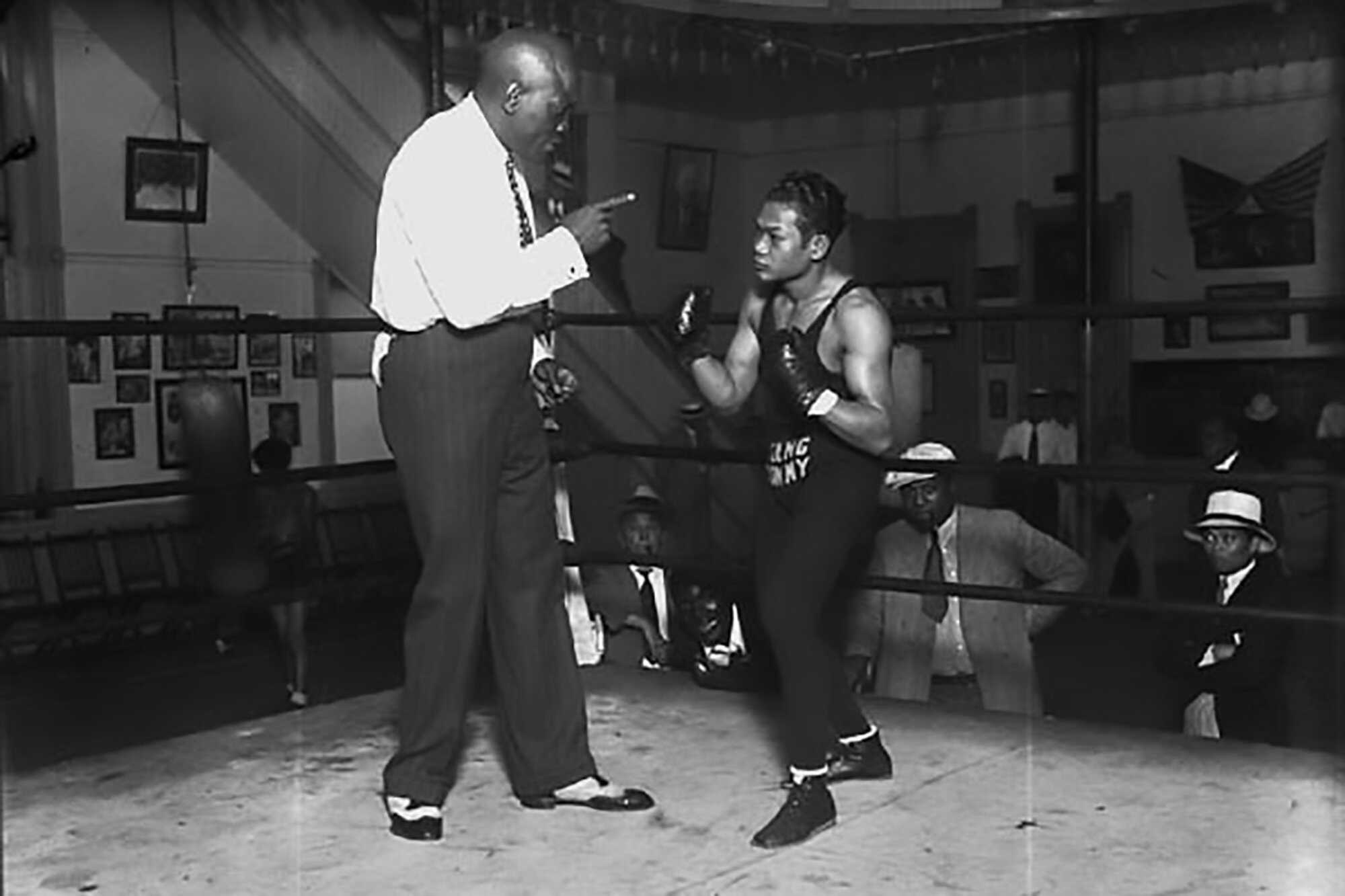
Pride and Shame
Johnson's success in the ring was a matter of great pride for African Americans. But some, mostly middle class, blacks found his behavior outside the ring a source of embarrassment. Activist and intellectual W.E.B. du Bois saw Johnson's relations with white women as unnecessarily alienating acts. Historian Jeffrey Sammons says, "in many ways, Johnson represented the 'bad nigger' that whites were so willing to parade as an example of why blacks must be kept in 'their place.'"
Convicted and Defeated
In 1913 Johnson was charged with violating the Mann Act, which outlawed the transportation of women across state lines for purposes of prostitution. After being convicted by an all-white jury, he escaped and fled to Canada, and then to Europe. He continued to box, defending his title twice. He lost the championship to Jess Willard in 1915 in a fight in Cuba. The 37-year-old champion tired and was knocked out in the 26th round. Rumors suggest that Johnson threw the fight as a concession to authorities in a bid to return home.
Retirement
Returning to the United States in 1920, he turned himself in and was incarcerated in the Federal prison at Leavenworth, Kansas for eight months. He boxed a few more times after his release, but retired in 1928. He would appear in several exhibition matches, including one to raise money for the war effort in 1945.
Later Years
Johnson's post-boxing career was a cobbled-together string of jobs. He ran a restaurant, appeared in movies, fought bulls and wrestlers, wrote two memoirs, appeared with a flea circus, patented a wrench and gave lectures. He died in a car accident in 1946.
A Huge Shadow
Johnson's flamboyant style and interracial relationships left a huge shadow over the next black boxing champion, Joe Louis. Louis remembered black fans shouting to him, "Don't be another Jack Johnson." Louis' managers made a list of rules that would mold Louis into the anti-Johnson: never be photographed with a white woman, never gloat in victory, never show emotion in public. When Johnson offered to work as Louis' trainer, he was rebuffed.




